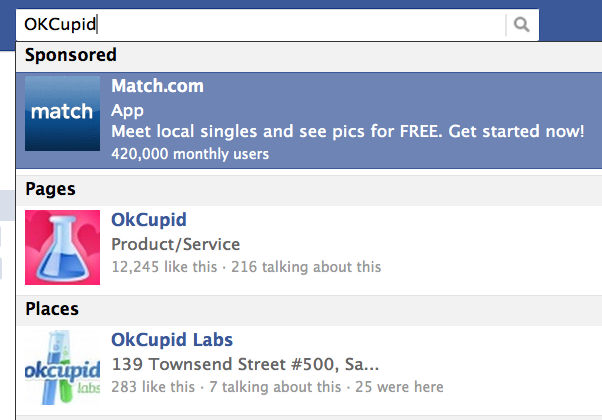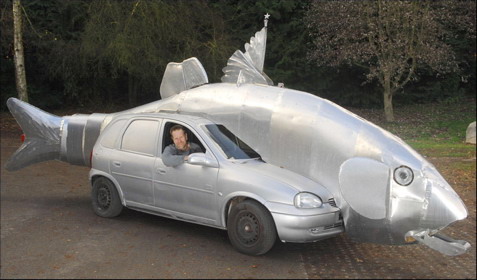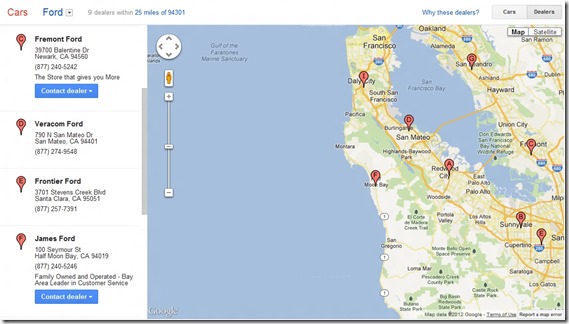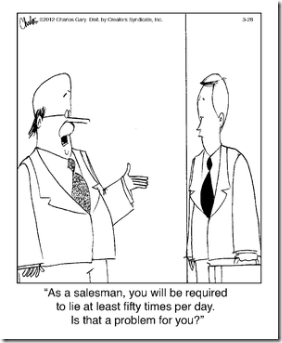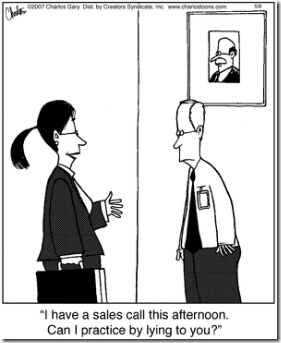Acquisition Strengthens DealerTrack’s Digital Interactive Marketing Offerings for Automotive Retailers
LAKE SUCCESS, N.Y., Oct. 2, 2012 /PRNewswire/ — DealerTrack (Nasdaq: TRAK) today announced the acquisition![]() of ClickMotiveLP, a leading provider of interactive marketing solutions for the automotive retailing industry. Total consideration for the transaction is expected to be $48.9 million in cash, subject to a standard purchase price adjustment and net of certain expenses. Additionally, the sellers will be eligible to receive additional consideration of up to $7.65 million, payable in 2014, if ClickMotive achieves certain performance targets in 2013.
of ClickMotiveLP, a leading provider of interactive marketing solutions for the automotive retailing industry. Total consideration for the transaction is expected to be $48.9 million in cash, subject to a standard purchase price adjustment and net of certain expenses. Additionally, the sellers will be eligible to receive additional consideration of up to $7.65 million, payable in 2014, if ClickMotive achieves certain performance targets in 2013.
(Logo: http://photos.prnewswire.com/prnh/20101028/DEALERTRACKLOGO )
ClickMotive, which was established in 2005 and based in Plano, Texas, is the innovator of an award-winning digital marketing platform that combines the power of Web, mobile, search, social, video, inventory, call-tracking, tag, and dashboard tools to generate qualified leads and increase sales for automotive groups and individual franchised dealers. Currently, more than 3,000 U.S. automotive dealerships leverage ClickMotive’s platform.
“With this acquisition, we are able to significantly expand the website and interactive marketing capability we acquired with eCarList,” said Mark O’Neil, chairman, and chief executive officer![]() , DealerTrack. “Additionally, we believe this acquisition will enhance the competitive positioning of our inventory solution and expand our relationship with a number of key OEMs.”
, DealerTrack. “Additionally, we believe this acquisition will enhance the competitive positioning of our inventory solution and expand our relationship with a number of key OEMs.”
“From helping dealers acquire customers to managing those customers throughout the entire purchase and delivery process, DealerTrack continues to be an integral part of managing a dealership’s overall workflow,” added O’Neil.
“We are looking forward to joining the DealerTrack family,” said Stuart Lloyd, chief executive officer and co-founder of ClickMotive. “This acquisition will allow us to reach more and more dealerships, enabling them to create their own unique digital voice that can be heard across multiple Internet, mobile, and social platforms.”
Details on the financial impact of this transaction are expected to be discussed on DealerTrack’s third quarter earnings conference call in November.
About DealerTrack (www.dealertrack.com)
DealerTrack’s intuitive and high-value web-based software solutions and services enhance efficiency and profitability for all major segments of the automotive retail industry, including dealers, lenders, OEMs, third-party retailers, agents, and aftermarket providers. DealerTrack, whose solution set for dealers is the industry’s most comprehensive, operates the largest online credit application network inthe United States, connecting over 18,000 dealers with more than 1,200 lenders. DealerTrack’s Dealer Management System (DMS) provides dealers with easy-to-use tools and real-time data access to enhance their efficiency. DealerTrack’s Inventory offerings provide vehicle inventory management, transportation, and merchandising solutions to help dealers drive higher in-store and online traffic with state-of-the-art, real-time listings, accelerate used-vehicle turn rates, and increase dealer profits. DealerTrack’s Sales and F&I solutions allow dealers to streamline the entire sales process as they structure deals from a single integrated platform. Its Compliance offering helps dealers meet legal and regulatory requirements, and protect their assets. DealerTrack also offers processing and other solutions for the automotive industry, including a web-based network for arranging vehicle transportation and shipping, electronic motor vehicle registration and titling applications, paper title storage, and digital document services. For more information visit: www.dealertrack.com.
Safe Harbor for Forward-Looking and Cautionary Statements
Statements in this press release regarding the benefits of the acquisition of ClickMotive, including enhancing our inventory solution’s strategic positioning and expanding our relationships with OEMs, and all other statements in this release other than the recitation of historical facts are forward-looking statements (as defined in the Private Securities Litigation Reform Act of 1995). These statements involve a number of risks, uncertainties and other factors that could cause actual results, performance or achievements of DealerTrack to be materially different from any future results, performance or achievements expressed or implied by these forward-looking statements.
Factors that might cause such a difference include the successful completion of the acquisition of ClickMotive, meeting its financial goals, the acceptance by dealers of DealerTrack as the owner of the acquired company, and other risks listed in our reports filed with the Securities and Exchange Commission (SEC), including our Annual Report on Form 10-K for the year ending December 31, 2011. These filings can be found on DealerTrack’s website at www.dealertrack.com and the SEC’s website at www.sec.gov. Forward-looking statements included herein speak only as of the date hereof and DealerTrack disclaims any obligation to revise or update such statements to reflect events or circumstances after the date hereof or to reflect the occurrence of unanticipated events or circumstances.
TRAK-G
SOURCE DealerTrack

